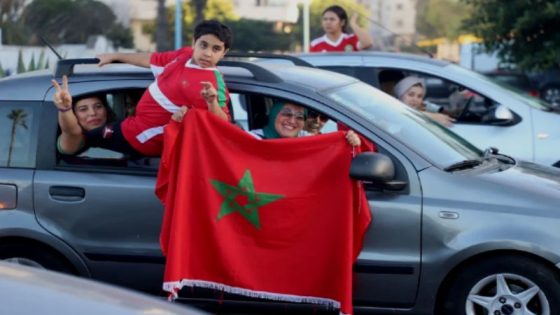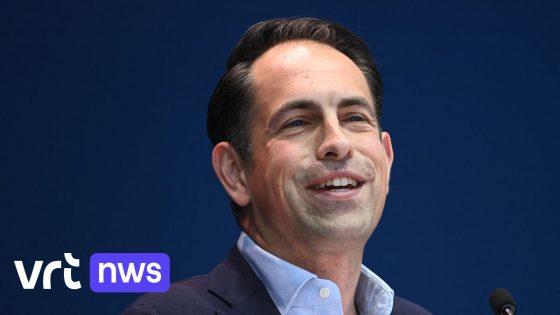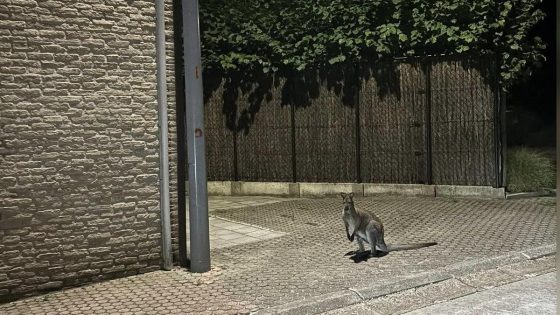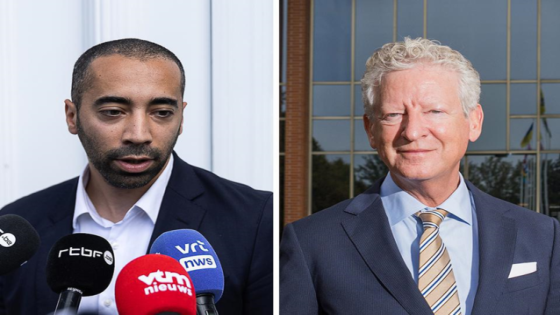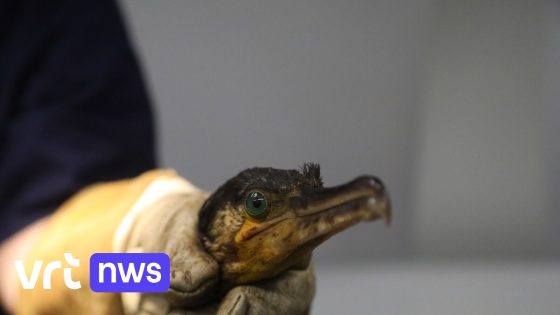Money transfers to Morocco from Belgium have become a significant economic factor, with billions of euros leaving the country annually. On 2025-07-23 15:50:00, new data revealed that these remittances form a substantial part of Belgium’s financial outflow, raising questions about the impact on the local economy. How does this steady flow of funds affect Belgium’s GDP and fiscal policies?
- Belgian diaspora sends billions annually abroad
- Marocco, Romania, Turkey top remittance destinations
- Belgian government offers 80% tax deduction
- Average transfer exceeds 2000 euros per person
- EU funds promote diaspora money transfers
- IOM actively supports international remittance flows
Each year, approximately 7 billion euros, or 1.2% of Belgium’s gross domestic product, are sent abroad to countries like Morocco, Romania, and Turkey. Remarkably, the Belgian government supports this trend through tax incentives, encouraging these overseas money transfers rather than discouraging capital flight. What does this mean for Belgium’s economic future and its diaspora communities?
Understanding these dynamics is crucial for policymakers and citizens alike as Belgium balances its multicultural identity with economic sustainability.
Why does Belgium allow such significant capital outflow with fiscal incentives? This practice raises concerns about economic loss and long-term growth. The government’s involvement, including subsidies and tax deductions, suggests a complex relationship between supporting diaspora ties and protecting domestic finances.
- Over 2000 euros per Moroccan resident is sent abroad yearly from Belgium.
- Two-thirds of remitters earn less than 2500 euros per month.
- Belgium offers an 80% tax deduction on these transfers, effectively subsidizing them.
- EU and Belgian funds promote awareness and facilitation of these money flows.
Going forward, Belgium must evaluate whether these policies serve its broader economic interests or if new strategies are needed to balance diaspora support with domestic fiscal health. Could revising tax incentives help retain more capital while still fostering strong international ties?



